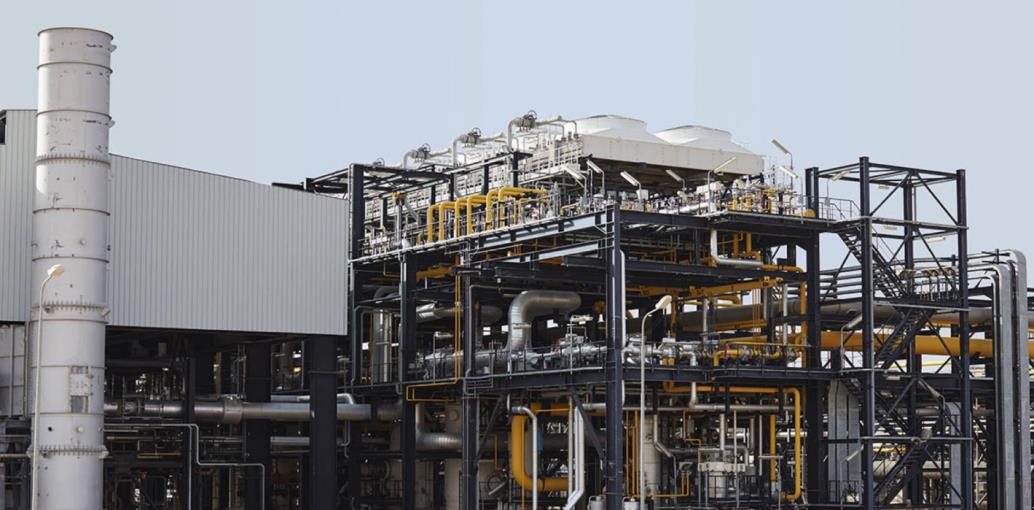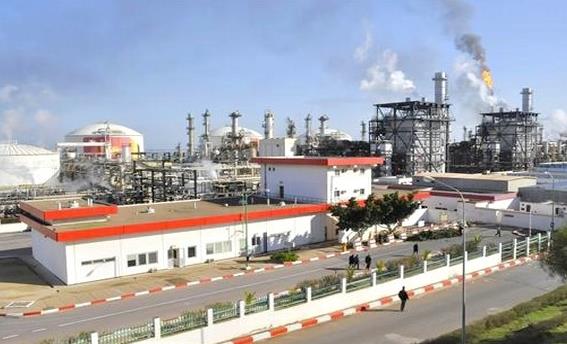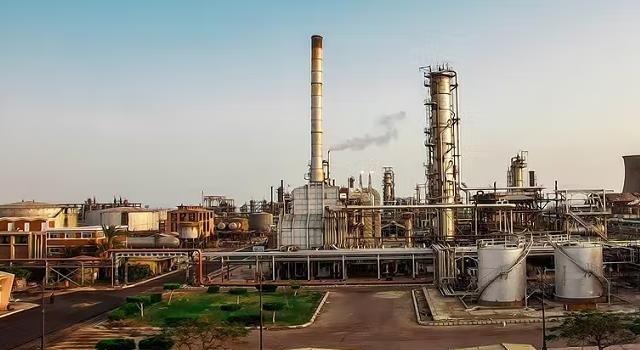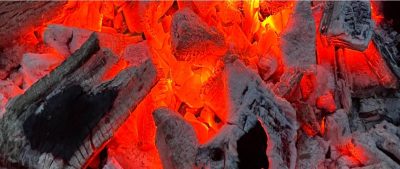Refineries in the Arab World:
Algeria, Bahrain, Djibouti, Egypt, Yemen, Jordan.
The Arab world consists of 23 countries with a combined population of about 373 million people and a total area of about 13 million square kilometers.
The countries commonly included in the “Arab World” are:
Algeria, Bahrain, Comoros, Djibouti, Egypt, Iraq, Jordan, Kuwait, Lebanon, Libya, Mauritania, Morocco, Oman, Qatar, Saudi Arabia, Somalia, Sudan, Syria, Tunisia, United Arab Emirates, State of Palestine, Yemen.
Of these, only Saudi Arabia, Algeria, Iraq, Kuwait, Libya, and the UAE are members of the organization of oil exporting countries OPEC.
The Arab world is more than important at the global level. It has large crude oil reserves of 989, 822 billion barrels according to OPEC’s 2021 annual statistical report, and Arab oil reserves account for 64.03% of total world reserves, which were 1,545.871 billion barrels and this amount of reserves has made the Arabian region an attractive factor for foreign investment and international competition to gain a foothold in this geostrategically important region.
This article provides an overview of refineries in Algeria, Bahrain, Djibouti, Egypt, Jordan, and Yemen and includes their locations, crude oil processing capacity, products produced, and other parameters of production activities.






